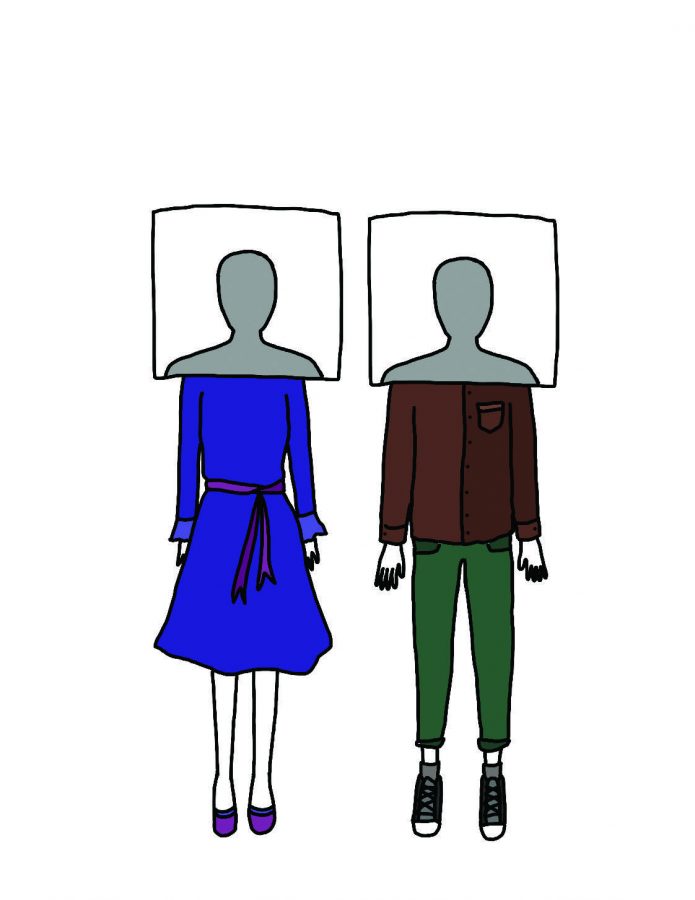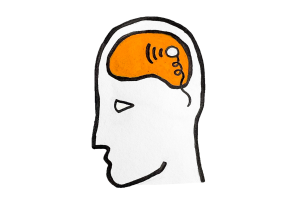Don’t fall into a sleepless cycle
October 12, 2021
Given the fast pace of life, getting inadequate sleep has become the trend, especially among college students. Your sleep schedule indicates how busy your life has become. As young college students, we often boast about our poor and unhealthy sleep habits, without realizing just how harmful those habits can be in the long run.
How often do you find yourself being a part of conversations where everyone compares the amount of sleep they got to see who slept the least amount of time? How often have you correlated your lack of sleep with your productivity? How often have you ignored your poor sleep habits as a necessary evil?
I’ve had my fair share of these conversations, and over time I’ve come to realize the flawed nature of these comparisons.
The correlation of sleep with productivity is absurd and can have detrimental effects on not just your physical well-being but also your mental health. It also distracts from your ability to actually recognize unhealthy sleeping habits and take measures — including professional help if needed — to fix those habits.
The main reason a lack of sleep correlates with a busy life is simply because it produces a false sense of productivity. You are giving up your sleep to achieve that feeling of productivity. The longer you stay up, the more you feel that adrenaline rush. Over time you find yourself staying up day after day, checking off your to-do lists at midnight without realizing just how unhealthy that can be for your body and mind.
What might start as a singular event soon develops into a cycle which is extremely hard to break. I’ve had a love-hate relationship with sleep for a few years now and it’s still something I struggle with every day. In all honesty, that initial feeling of productivity I used to feel has been replaced by exhaustion, both physical and mental.
Many people might argue that they work best at night and I find that I too am more productive at night. But nothing is worth messing up your body’s clock.
Your body requires a certain amount of sleep to function properly. You need some downtime to recharge. Your body cannot continue running on low amounts of sleep for long periods of time. In fact, the CDC recommends that adults aged 18-60 years old should get at least seven hours of sleep every night; however, given the current normalization of poor sleep habits, many young individuals probably fall below this mark.
By comparing sleep schedules, we’re essentially promoting a very unhealthy habit. We’re turning something negative into something trendy.
This idea that inadequate sleep is a necessary evil to stay on top of things is often used to justify unhealthy sleep habits. There are so many people that struggle with sleep and normalizing unhealthy sleep habits might deter them from implementing change or reaching out for help. You need to recognize a problem if you want to fix it, and this normalization makes that really hard.
As someone with a really unhealthy sleep schedule, I cannot stress enough the importance of sleep. Contrary to the current trend, inadequate sleep, quite unironically, decreases your productivity. Sleep deficit builds up over time and there will come a time when you will feel tired and drained even after minor exertions.
Of course, there may be times when you have to stay up. Circumstances vary from person to person, but if you can afford to get more sleep, push yourself to make that change and get professional help if needed. It can be a hard task, but it’s definitely worth a try.
Don’t fall into the trap of thinking you have to give up sleep because of the fast pace of your life. Don’t justify your poor sleep habits as productivity. If your sleep schedule leaves you feeling exhausted, something is not right and you need to change your sleep habits.
I won’t end by saying my sleep schedule is on track. It’s not. Despite everything I just said, I still struggle to sleep on time. I am able to analyze the negative effects of my sleep schedule on my body, but I still find myself following the same sleep habits. I’ve been trying for the past two years to implement a healthier sleep schedule, but the longevity of my unhealthy sleeping habits has just made it harder.
I use my own example as a way to emphasize once again: Don’t wait for your body to start showing physical signs of sleep deficit before you try to implement change. If and when you find that you are slipping into a rhythm of unhealthy sleep habits, break the cycle before it spirals out of control.









